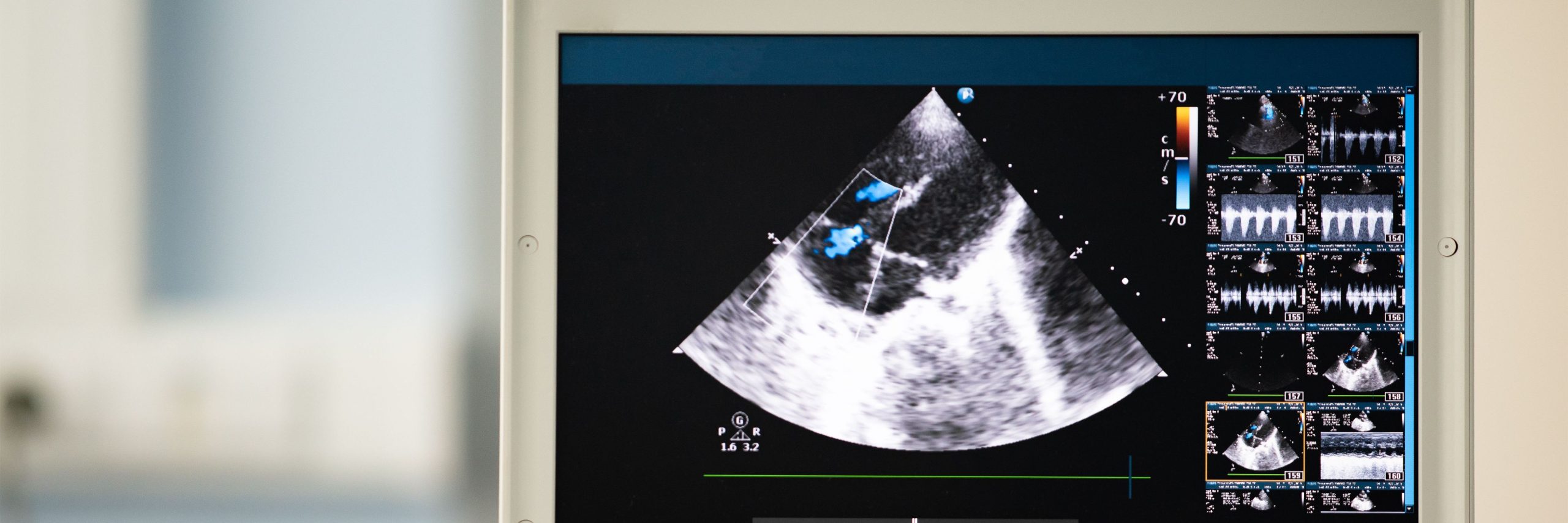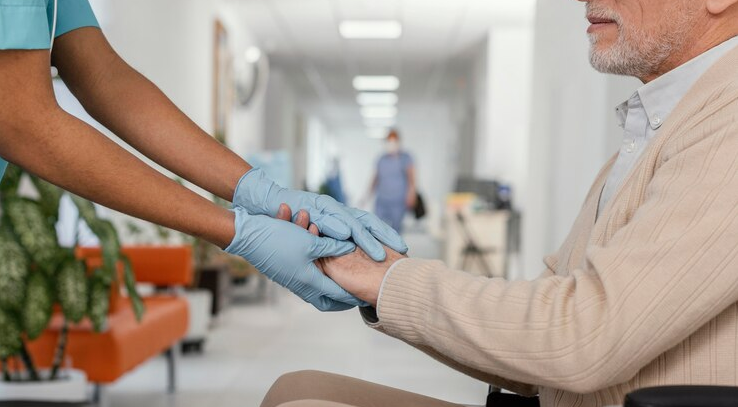In 2020 and 2021, Western Australia (WA) was an early adopter of the ‘COVID zero’ policy, eliminating community transmission and pursuing vaccine roll out to enable a ‘soft landing’ once coronavirus disease 2019 (COVID-19) infiltrated the community in 2022. Optimisation and augmentation of general practice services were at the forefront of policies. This study explores metropolitan general practice responses to the resulting disruption caused.
Qualitative descriptive methodology, purposive sampling and template analysis were used. Semi-structured interviews were undertaken from March to June 2021 with teams from six general practices in metropolitan WA; six general practitioners, four practice nurses and three practice managers.
Staff at all levels responded rapidly amid uncertainty and workload challenges with marked personal toll (anxiety and fear of exposure to risks, frustrations of patients and balancing work and family life). Self-reliance, teamwork and communication strategies built on inclusivity, autonomy and support were important. Responding to changes in general patient behaviour was to the fore. Increasing use of telehealth (telephone and video) became important to meet patient needs. Lessons learned from what was implemented in early-stage lockdowns provided practices with preparedness for the future, and smoother transitions during subsequent lockdowns.
The study demonstrates the self-reliance, teamwork and adaptability of the general practice sector in responding to a sudden, unexpected major disruption, yet maintaining ongoing service provision for their patients. Although the COVID-19 landscape has now changed, the lessons learned and the planning that took place will help general practice in WA adapt to similar future situations readily.


















